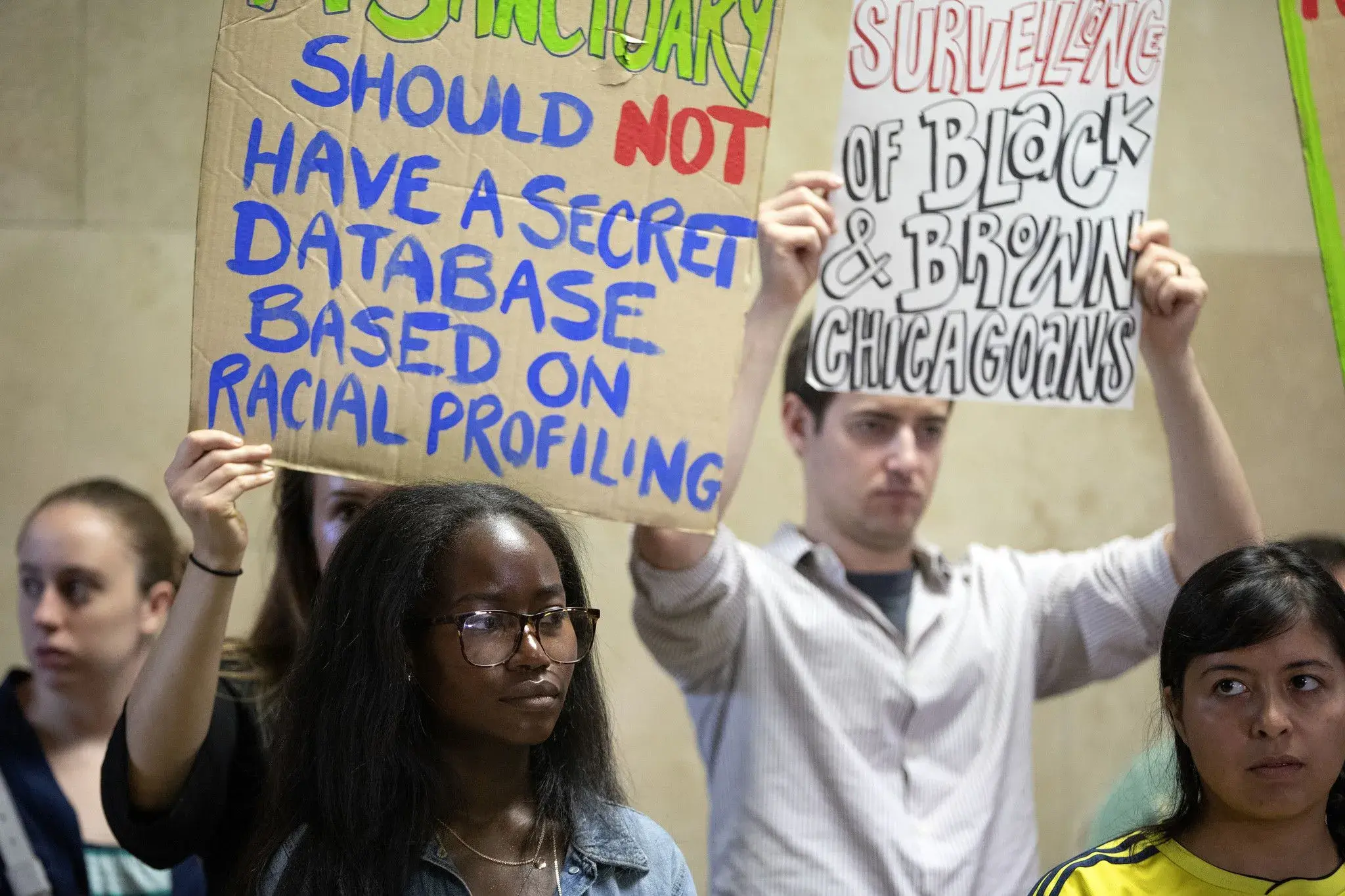- cross-posted to:
- chicago@midwest.social
- usa@lemmy.ml
- cross-posted to:
- chicago@midwest.social
- usa@lemmy.ml
I didn’t fine this article very persuasive. While I don’t doubt there’s problems with the database or similar, it having an over representation minorities isn’t surprising considering the socioeconomic factors that cause organized crime are much more prevalent in minority communities. The part where they discuss increased use of less lethal force to me could be more easily ascribed to racism and prejudice than the database itself.
I very easily could have missed something, but after reading other articles on it, it seems even worse than this article portrays it. Eg: folks being denied jobs and housing due to inclusion in the database, or an audit finding only 1.3 thousand people in the database were rightfully there in a database of 32 thousand people!!!
Good riddance.
There are a couple of lines in there indicating that it also wasn’t very accurate as to who is in what gang, sometimes listing the same person in opposing gangs. Given that it seems to indicate that cops can just add people to the list, I’d guess there are people on it who aren’t actually affiliated.
It could have gone into more detail, but I do think it points out that the lists are inaccurate. It just focuses mostly on the impact rather than demonstrating that beyond a couple of lines.
What I would love to see is accountability without prejudice, and I believe it’s possible. My wife’s school’s population is overwhelmingly Hispanic, and the state came down on them for punishing the Hispanic kids too much without first asking if it was proportional to the population, which it was. So, school admin solved the problem by just holding nobody accountable for anything anymore. Kids have brought fellow members (who were armed) of red team on campus after school hours to go search for a member of blue team; nothing happened, but the school found out about it and their response was basically “whew that was close, let’s just not say anything about it and hope it never happens again.” They say it’s because they’re scared of the state, but I think it’s just that the state gave them a convenient scapegoat for not doing their job. That’s the kind of thing we shouldn’t be hoping for; when process is the only thing that matters, outcomes suffer.



